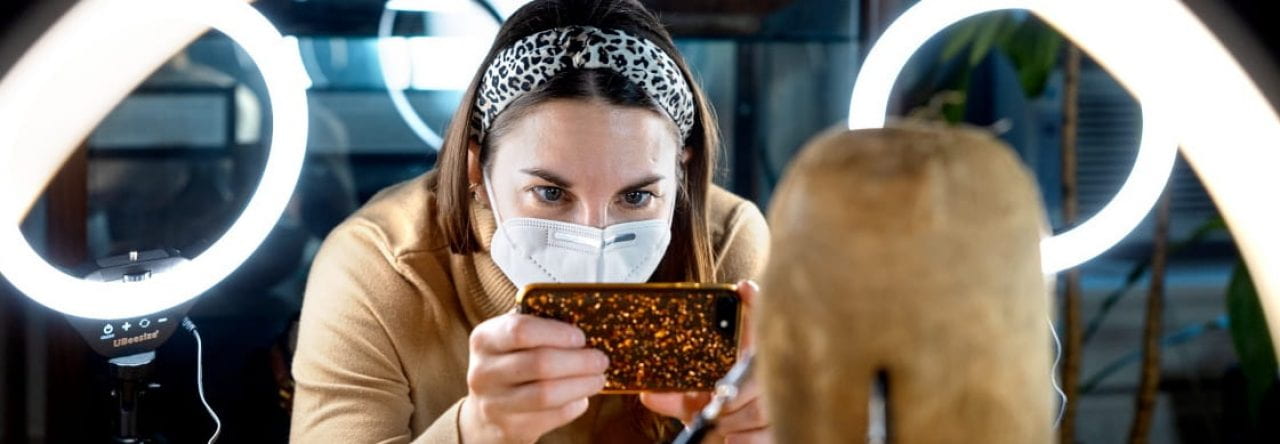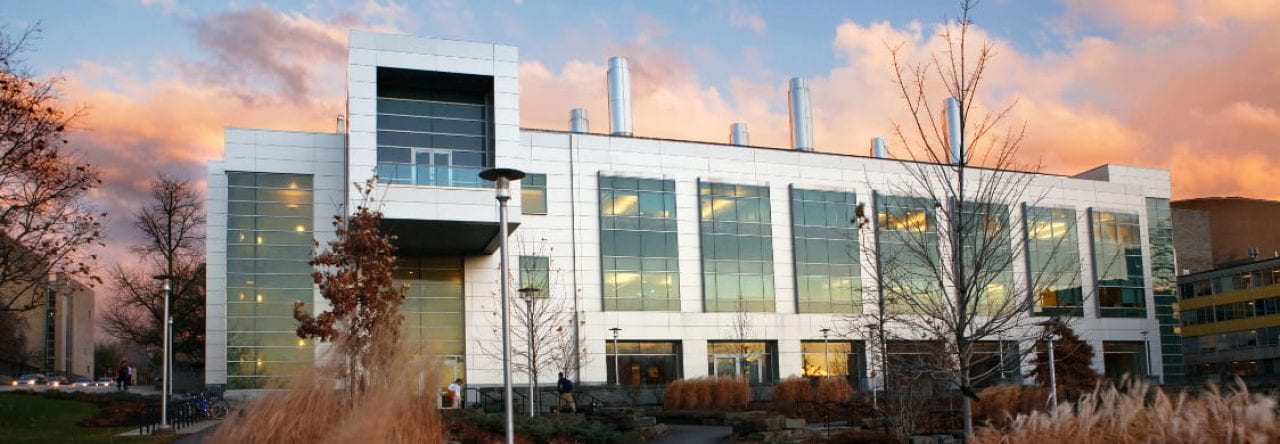Spotlight: Environmental Engineering
 Cynthia is a junior from Jericho, NY studying Environmental Engineering. Outside of the classroom, Cynthia is involved with Cornell Environmental Collaborative, Cornell Sustainability Consultants, Club Rowing, and works at the Campus Sustainability Office. Her favorite place on campus is Libe Slope.
Cynthia is a junior from Jericho, NY studying Environmental Engineering. Outside of the classroom, Cynthia is involved with Cornell Environmental Collaborative, Cornell Sustainability Consultants, Club Rowing, and works at the Campus Sustainability Office. Her favorite place on campus is Libe Slope.Environmental Engineers design and model systems to prevent, reduce, or remediate damage caused by humans on the environment. They also design renewable and sustainable energy systems, and work to prevent or treat contaminated streams and groundwater. Environmental Engineers design water and wastewater treatment plants to deliver safe drinking water and treat municipal waste all over the world. There are so many different career paths for Environmental Engineers, from private industry, NGOs to education institutions, and many opportunities with current environmental problems all over the world that need to be solved.
At Cornell, Environmental Engineers take a variety of courses ranging from foundational courses like Thermodynamics, Fluid Mechanics, and Microbiology to more specific courses like Environmental Systems Analysis, Watershed Engineering, and Physical Hydrology for Ecosystems. Although the Environmental Engineering major at Cornell doesn’t have specific concentrations, it has various focus areas that you can take elective courses in such as Energy and Sustainable Development, Environmental Treatment Processes, Modeling and Systems Analysis, and Hydrology and Fluid Mechanics. Outside of the classroom, many Cornell EnvE’s join a research lab or a student-led project team such as AguaClara, an engineering project team that designs sustainable water treatment plants.
The Environmental Engineering major at Cornell provides students with a strong background in physical, chemical, and biological sciences as well as technical skills in order to address complex environmental issues. Cornell has a wide range of resources for Environmental Engineers, from research opportunities to interdisciplinary collaboration through student-led project teams, such as AguaClara and Engineers for a Sustainable World.
My favorite part of Cornell’s EnvE program is the community and faculty. My professors are all so knowledgeable in their different fields, and my classmates are all passionate people I have become great friends with. Combined, this makes for a passionate, collaborative, inspiring community that I love to spend time with outside of the classroom. I chose Environmental Engineering because I wanted to solve global environmental problems, and I like the technical, engineering coursework as well as the abundance of resources for undergraduates.
—Cynthia, environmental engineering





